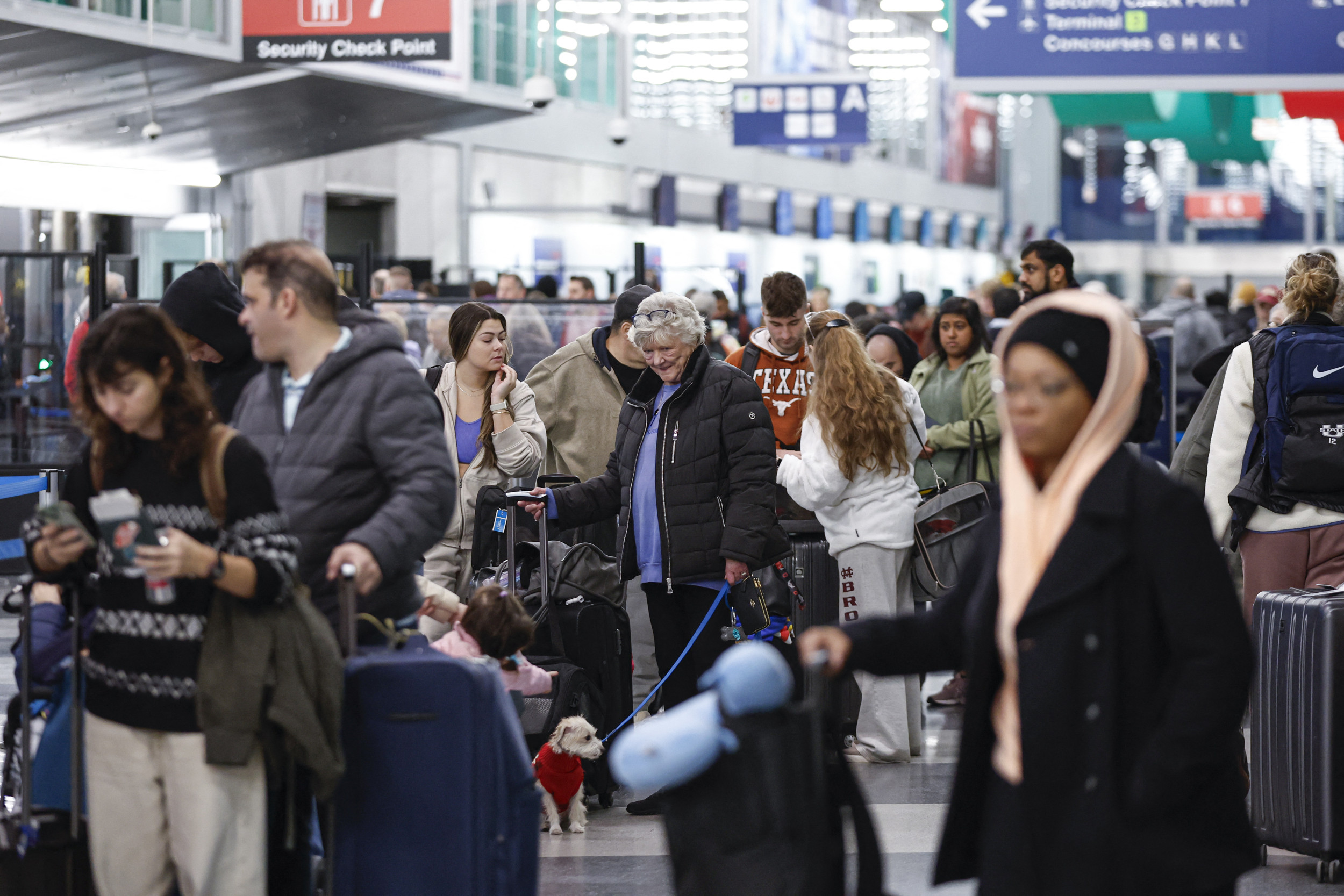Bussiness
NC drops to second best state for business in CNBC rankings | Port City Daily

NORTH CAROLINA — Virginia narrowly overtook North Carolina’s position as CNBC’s top state for business in its most recent annual report, primarily due to the projected cost of infrastructure repairs in upcoming years.
READ MORE: Feds award $242M grant to fund CF Memorial Bridge replacement
North Carolina was only three points behind Virginia in the report released last Thursday. CNBC has adjusted its criteria to reflect factors considered most important for business since its first report in 2007. It compares 128 metrics across 10 broad categories of competitiveness, which shift in importance year-to-year to emphasize top considerations in business’ site selection process.
CNBC cited a change in this year’s methodology as the primary reason for NC’s dropped position, as infrastructure is now the most heavily weighted category among 10 major competitiveness factors:
- Infrastructure
- Workforce
- Quality of Life
- Cost of doing business
- Technology and innovation
- Business friendliness
- Education
- Access to capital
- Cost of living
“The state’s utilities were a major culprit, possibly because of its rapid growth. North Carolina water utilities face more than $20 billion in repair and maintenance needs over the next 20 years, according to the U.S. Environmental Protection Agency,” CNBC explained in a recent article. “Electricity customers are dealing with nearly eight hours without power per year, according to the most recent data from the U.S. Energy Information Administration.”
UNCW professor Mouhcine Guettabi told PCD he believed the infrastructure improvements CNBC cited are needed due to North Carolina’s rapidly growing population. The state’s infrastructure position dropped to 20 in 2024 from 16 in 2023 in the most recent report.
CNBC’s infrastructure rating considers the vitality of state transportation systems, highway and roadway conditions, condition of drinking water and wastewater systems, the reliability of the electric grid, availability of renewable energy, and sustainability in relation to climate change.
Duke Energy, an investor-owned private company with a legal monopoly on energy distribution in North Carolina, has been working to reduce future outages in recent months. In a January order, the Utilities Commission outlined a strategy of focusing on improved load forecasting, winterizing the fleet, and improving gas-electric interdependencies.
PCD asked department of commerce spokesperson David Rhoades if the cost of implementing PFAS filtration technology was a factor in projected water utility improvements cited in the report; he said he was unsure and referred the question to CNBC. The outlet did not respond by press.
North Carolina Chamber of Commerce president Gary Salamido cited the state’s polling position from CNBC in an April letter to Department of Environmental Quality Secretary Elizabeth Biser, urging the delay of proposed PFAS surface and groundwater standards:
“The businesses in our state, including those in manufacturing, have a proven track record of supporting North Carolina’s economic vitality and doing so responsibly. It is important that we do not hastily pass regulations without fully accounting for both the positive benefits and potential negative impacts proposed rules would have on the state and its business community.”
Biser responded the water standards would increase the state’s economic viability by ensuring the health of residents, removing unfair regulatory advantages to PFAS discharging entities, and reducing the financial burden for clean-ups costs on utility ratepayers. Last week, she cited a fiscal note approved by the Office of State Budget and Management finding the long-term economic benefits of the standards would outweigh costs.
“Being able to say we’ve got clean water is critical for maintaining North Carolina’s economic competitiveness,” she said Thursday.
Rhoades told PCD the department of commerce would corroborate DEQ’s argument regarding the impact PFAS standards would have on the state’s business climate. He added specific health and environmental regulations would attract different types of industries.
“There’s a matrix of elements that go into these national rankings,” he said. “The details of any individual factor within that score are worth addressing. But on balance, a national audience is going to do their due diligence on the issues that matter to their particular companies when they are actively engaged in a site search.”
The Environmental Management Commission, an appointed body that oversees DEQ, rejected the agency’s proposed PFAS standards for eight compounds last Wednesday. The EMC requested the fiscal analysis for the proposed groundwater standards be revised to include only three compounds before the September meeting; the fiscal analysis found standards for the five other compounds would remove uncertainty surrounding the contaminants’ affect on property values and regulatory burden.
“Business friendliness” — one of the ten competitiveness categories included in CNBC’s methodology — which factors in liability and regulatory climate. North Carolina’s score improved in 2024 to the second most business friendly state from its ranking in the number 10 position last year.
North Carolina’s quality of life position improved to 32 in 2024 from 34 in 2023. The state also maintained its number 18 spot for cost of doing business. NC fell from the 7th best state for education to number 10 — Virginia was ranked first in 2024 — and slightly declined in other categories including workforce, economy, access to capital, and technology and innovation.
NC also dropped four spots in its cost of living position; it was 27 in 2023 but declined to 31 in the most recent report. CNBC’s 2024 methodology for the category has an added emphasis on housing affordability and newly considers the cost to insure a median priced home.
Tips or comments? Email journalist Peter Castagno at peter@localdailymedia.com.
Want to read more from PCD? Subscribe now and then sign up for our morning newsletter, Wilmington Wire, and get the headlines delivered to your inbox every morning.








